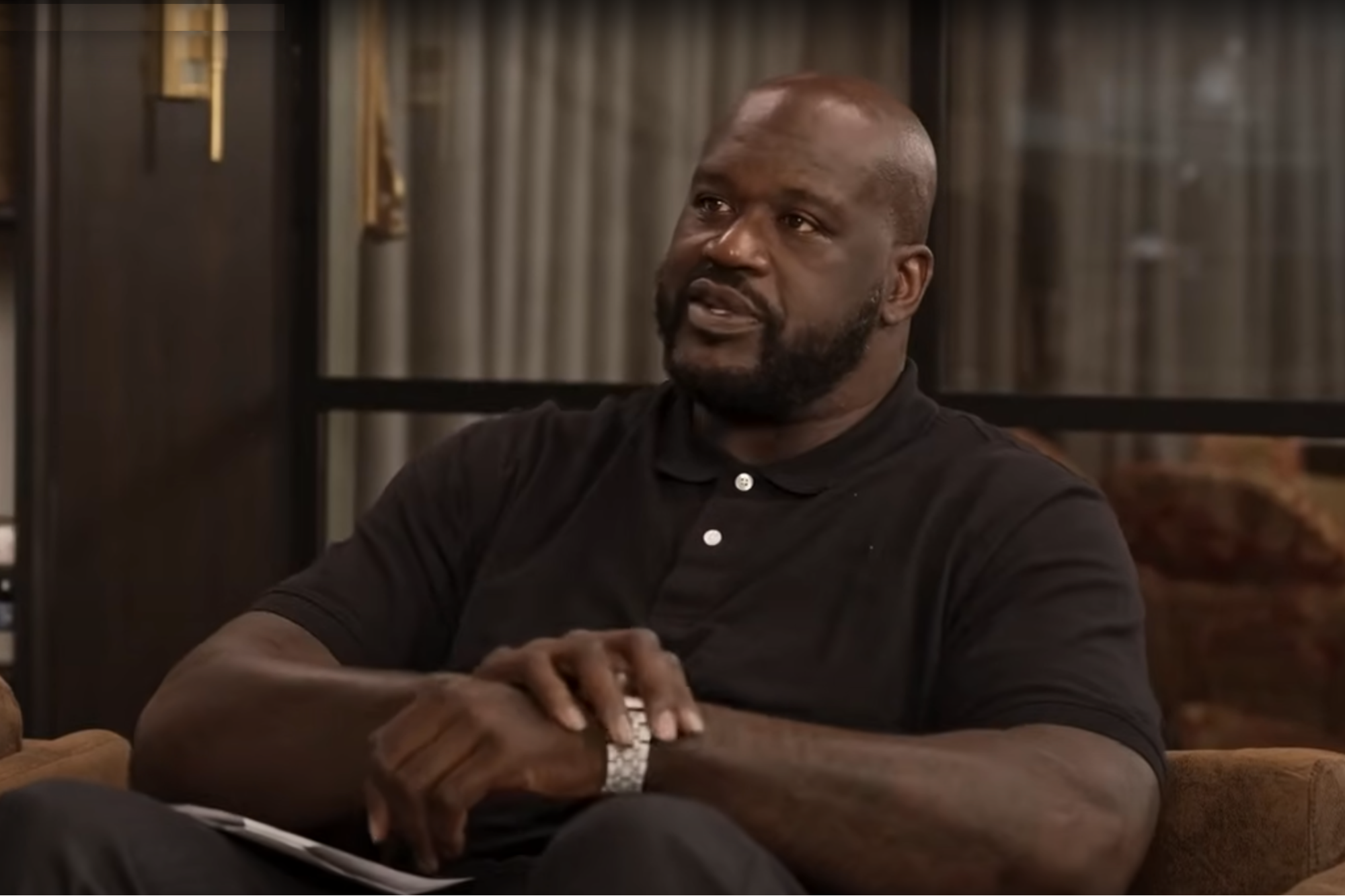The Identity Crisis That Led to Yahoo's Demise When senior Yahoo executives gathered at a San Jose hotel for a management retreat in the spring of 2006, there was no outward sign of a company in crisis.
By Reuters
This story originally appeared on Reuters

When senior Yahoo executives gathered at a San Jose hotel for a management retreat in the spring of 2006, there was no outward sign of a company in crisis.
The internet pioneer, not yet a teenager, had just finished the prior year with $1.9 billion in profits on $5.3 billion in revenue. The tough days of the dot-com bust were a distant memory, and Yahoo Inc., flush with lucrative advertising deals from the world's biggest brands, was enjoying its run as one of the top dogs in the world's hottest industry.
But for one retreat exercise, everyone was asked to say what word came to mind when a company name was mentioned. They went through the list: eBay: auctions. Google: search. Intel: microprocessors. Microsoft: Windows.
Then they were asked to write down their answer for Yahoo.
"It was all over the map," recalled Brad Garlinghouse, then a Yahoo senior vice president and now COO of payment settlement startup Ripple Labs. "Some people said mail. Some people said news. Some people said search."
While some executives said this was a useful management exercise that took place multiple times over the years, it proved an ominous portent of the business troubles to come.
Indeed, the demise of Yahoo, which culminated in an agreement this week to sell the company's core assets to Verizon Communications Inc., has been more than a decade in the making. Many of the more than two dozen former Yahoo managers interviewed by Reuters over the past two weeks -- who now occupy executives suites elsewhere in Silicon Valley -- agree that the company's downfall can be traced to choices made by both the executive leadership and the board of directors during the company's heyday in the mid-2000s.
Some of the missed opportunities are obvious: a failed bid to buy Facebook Inc. for $1 billion in 2006. A 2002 dalliance with Google similarly came to naught. A chance to acquire YouTube came and went. Skype was snapped up by eBay Inc. And Microsoft Corp.'s nearly $45 billion takeover bid for all of Yahoo in 2008 was blocked by Yahoo's leadership.
Just as damaging as the missed deals, though, was a company culture that ultimately became too bureaucratic and too focused on traditional brand advertising to prosper in a fast-moving tech business, according to some of the former Yahoo managers Reuters spoke with.
"It became very difficult to get both investment and alignment" around new product initiatives, said Greg Cohn, a former senior product director at Yahoo and now CEO of the mobile phone app company Burner. "If you built a new product and the home page didn't want to feature it, you were hosed."
Worst of all, once Alphabet Inc.'s Google had displaced it as peoples' first stop for finding something on the internet, Yahoo was never able to decide on exactly what it wanted to be.
Yahoo today has more than 1 billion users and has focused on mobile under chief executive Marissa Mayer, who told Reuters in an interview Monday that she still saw a "path to growth" for Yahoo, which the Verizon merger accelerated.
Yahoo will continue to operate as a holding company for its large stakes in Alibaba and Yahoo Japan, which are worth far more than the core business.
Yahoo declined to comment for this story.
The purple carpet
The appointment of Terry Semel, who had completed a highly successful run as chairman of the Warner Bros. movie studio, as CEO in 2001 seemed to answer a question that bedeviled many early internet firms: was it a tech company, or a media company?
Semel could not be reached for comment on his Yahoo tenure. But the focus on media proved lucrative in the short term as big advertisers, desperate to get on board with the next big thing, flocked to one of the largest properties on the web. Revenue soared from $717 million in 2001 to nearly $7 billion by 2007.
Indeed, Semel and the media executives he brought in by all accounts turned a scrappy young internet startup into a highly profitable company that brought old-line advertising to a new medium.
"From our perspective, we were a media company," said Dan Rosensweig, Yahoo's COO from 2002 to 2007 and now CEO of online education company Chegg Inc. "It didn't feel at the time that there was a strong likelihood we would beat Google at search ... Nobody could argue that we weren't the largest front page on the internet."
Yahoo placed its signature purple everywhere then -- on cookies and cupcakes, on the carpets, and even in the martinis.
"When Coca Cola came to campus, we rolled out the purple carpet," recalled Wenda Harris Millard, Yahoo's chief sales officer from 2001 to 2007 and now president and COO of business development firm MediaLink.
Millard said all the major advertisers, from Coke to General Motors, wanted to come to Yahoo's campus at least once a year.
"We were just doing gazillions of dollars with them," said Millard.
The money trap
But the excitement, and the revenue, associated with the big advertising deals 10 years ago turned out to be a trap in many ways. Like its brethren in the print media business, who continued to rely on selling ad pages long after it was clear that it was a dying business, Yahoo couldn't help but to focus on where the big money was, even though that wasn't where the future was.
"The worst consequence of trying to be a media company was that they didn't take programming seriously enough," wrote Paul Graham, co-founder of the Y-Combinator tech incubator who sold a startup to Yahoo, in a 2010 blog post about the company's woes. "Microsoft (back in the day), Google, and Facebook have all had hacker-centric cultures. But Yahoo treated programming as a commodity."
The downside of the media orientation became more clear as the 2000s wore on. In 2003, Yahoo acquired Overture, the company that essentially invented the ad-search technology that made Google rich. But Yahoo never succeeded in creating a strong competitor to Google's AdWords and AdSense systems.
A subsequent, hugely expensive effort to rebuild its search and advertising technology, dubbed Panama, similarly bore little fruit.
Meanwhile, market-leading products like Yahoo Mail, and early social media efforts like Yahoo Groups, were neglected as managers wrestled over which products would get priority on the hugely valuable Yahoo home page, according to three former executives. Promising acquisitions, including photo-sharing site Flickr and social bookmarking service Delicious, withered on the vine.
Former staffers say they were consumed with endless internal meetings and shifting priorities. Former senior product director Cohn recalls how efforts to make Yahoo an open platform -- with nifty third-party applications around specific content areas such as travel -- foundered in the face of opposition from managers in charge of Yahoo's in-house products.
Too often, the end result was money spread too thinly across too many marginal initiatives, as Garlinghouse famously pointed out in a leaked internal document known as the Peanut Butter Manifesto.
Turmoil at the top
By 2007, it was becoming clear that Yahoo was losing ground fast on the product side as Google solidified its hold on search. New players like Facebook and Netflix Inc. continued to arrive and steal Yahoo's thunder. Semel left that year in favor of co-founder Jerry Yang.
Whatever plans Yang may have had were quickly disrupted by the unsolicited Microsoft takeover bid in early 2008. The offer split the management team, Garlinghouse and others say, and those divisions persisted even after Microsoft's offer was beaten back.
Yang, who championed the resistance to Microsoft, stepped down again in 2008. Three other CEOs followed before Mayer was appointed in 2014.
The leadership turmoil "made for a difficult existence for a board, a management team, and a general employee population to get committed to the same goal," Rosensweig said.
Yang did not respond to requests for comment.
By the time Mayer arrived, Yahoo was already seen in Silicon Valley as a company from another era. It had lots of cash but few strategic advantages as it fought far larger competitors. Many analysts and shareholder say Mayer exacerbated the troubles with acquisitions and key hires that proved misguided.
Mayer put a brave face on the deal Monday, saying the scale that will result from the Verizon combination will enable it to continue its efforts to catch up in mobile, social and advertising technology. But the history of the tech business, where companies rarely dominate from one generation to the next, suggests that any such revival is a tall order.
(Reporting by Jonathan Weber and Jeffrey Dastin; editing by Edward Tobin)










